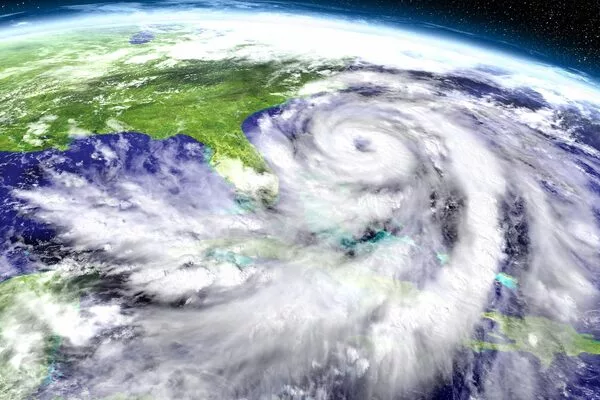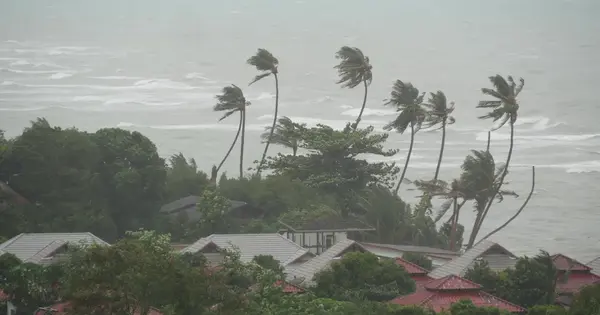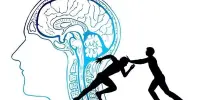Children may experience anxiety, fear, sadness, sleep disruption, disturbing dreams, irritability, difficulty concentrating, and outbursts of anger following a disaster. To assist children in coping after a disaster, learn the signs of mental stress.
A natural disaster can be stressful for families. Young children under the age of eight are especially vulnerable to mental health problems. Following a disaster, some children may develop disorders such as anxiety, depression, and post-traumatic stress disorder. Stress and emotional issues have an impact on children’s physical health, quality of life, and performance at home, school, and in their communities. It is critical to keep children safe both mentally and physically during and after a disaster.
According to a first-of-its-kind study led by University of California, Irvine researchers, repeated exposure to hurricanes, whether direct, indirect, or media-based, is associated with adverse psychological symptoms and may be associated with increased mental health problems.
The findings, which were published today in JAMA Network Open, are critical for understanding the psychological effects of recurring natural disasters, especially in light of the looming threat of climate change. Rather than individuals becoming accustomed to repeated disaster exposure, the findings show that responses to subsequent hurricanes become more negative over time.
Our findings point to a possible mental health crisis among those who directly experienced the storm or knew someone who did, as well as those who spent several hours watching hurricane-related media.
Dana Rose Garfin
“We show that people are unlikely to become accustomed to climate-related natural disasters, which will become more frequent and severe in the coming years. Our findings point to a possible mental health crisis among those who directly experienced the storm or knew someone who did, as well as those who spent several hours watching hurricane-related media” Dana Rose Garfin, a UCI assistant adjunct professor of nursing and public health and the report’s first author, agreed.
The first-of-its-kind longitudinal study was conducted by Garfin and her colleagues, Roxane Cohen Silver, Distinguished Professor of psychological science, medicine, and health; E. Alison Holman, professor of nursing; both from UCI and principal investigators of the research; Rebecca Thompson, Ph.D., UCI postdoctoral scholar in psychological science; and Gabrielle Wong-Parodi, Ph.D., assistant earth system science professor, and a center fellow at the Woods Institute for the Environment, Stanford University.
The team assessed Florida residents in the hours before Hurricane Irma made landfall and examined those same individuals again following Hurricanes Irma and Michael to detect any mental health changes that might have occurred over time. Both were Category 5 storms that hit in succession – Hurricane Irma in September 2017 and Hurricane Michael in October 2018.

The team found that repeated exposure to the threat of catastrophic hurricanes was linked to symptoms of post-traumatic stress, depression, anxiety, and ongoing fear and worry. In turn, these psychological symptoms were associated with greater social- and work-related impairment, including difficulty interacting with others, and performing work tasks and other daily activities.
“Some distress is normal in the aftermath of traumatic and extremely stressful events,” Garfin explained. “Most people will recover and become more resilient over time. However, as climate-related disasters such as hurricanes and wildfires become more common, this natural healing process may be hampered by repeated threat exposure. Furthermore, we followed people over two hurricane seasons, and our findings show that as people experience multiple occurrences over time, psychological symptoms accumulate and intensify, potentially indicating a mental health crisis.”
According to team members, anxiety can be an adaptive response to disasters and may motivate people to take protective action in preparation for the next event. They recommend that future research investigate how to leverage that reaction in ways that do not worsen mental health ailments. They also believe that because of the strong link between media engagement and distress, social channels and mainstream outlets can play an important role in effectively communicating the risk of increased distress with repeated threat exposure.














